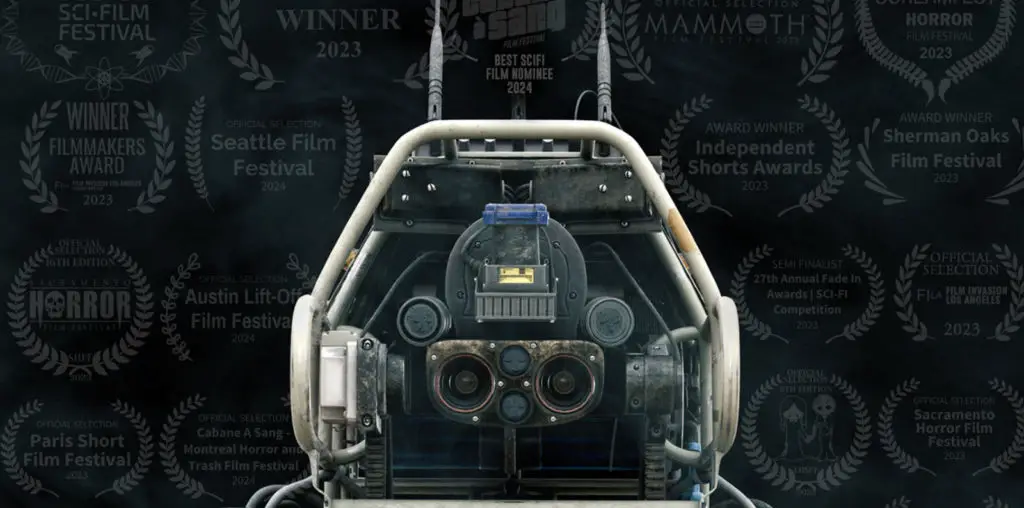
God I love Takashi Miike.
“One Missed Call” plays like a good cover song. It’s not just a repetition of the previous tune. It reminds you why you liked the original in the first place and makes you rediscover it. Simply put, if you liked “Ringu”, if you liked The Eye, if you liked Ju-On, then you will like this movie.
What’s masterful of Miike’s direction is that he never quite lets the audience know if he’s going for a parody or homage, letting them make up their own mind about what’s onscreen. It’s a tricky kind of tightrope to walk, but Miike is arguably the only director on this planet who can pull it off since he’s perfectly in control of his films and comfortable using any style. “One Missed Call” doesn’t even look like a Miike movie unless you’re fairly well acquainted with his work. Even then, it’s hard to spot until the very end when he “signs” his oeuvre. At the same time this isn’t a post-modernist deconstruction like “Scream”. The characters aren’t aware they’re in a horror film and the plot follows the “Ringu” template of a spiraling contagious evil that kills and then latches itself on to another victim. However, Miike is aware he’s making a horror film, and he’s having fun lulling the audience into thinking they know what’s going to happen next before either screwing with their heads, or giving them exactly what they thought was going to happen so he can screw with their heads even more down the road. What’s also nice is that Miike didn’t pick just anything. This screenplay would have filmed well no matter who was at the helm, but with Miike directing it gets an extra punch and becomes something a little bit more than a simple spook movie.
The story will be familiar to “Ringu” fans. Four college students are at a restaurant one night when one gets a call on her cell phone. Because the ringtone is completely different than hers, the girl doesn’t answer and gets a “One Missed Call” notification. When she plays the missed call recording, it’s her own voice as she’s being killed. Not only that, but the date and time of the call is 3 days in the future. Cue ominous music.
Miike knows how to milk these scenes for all they’re worth and never overplays the natural disbelief that the teens have at their predicament. Yes, they’re worried, but they’re also skeptical. Who wouldn’t be? That this turns out to be their undoing doesn’t need to be said.
To mention any of the machinations of the plot would be cruel on my part. It’s Miike’s most commercial movie, but that doesn’t mean that he’s gone soft. He uses the clichés of the genre in the same way that he used gore in “Ichi The Killer”. He just takes it to such insane heights that you sit there agape that he could use such familiar elements to surprise you.
In the end, we’re left with a great new Asian horror movie and the ultimate proof that Miike can do anything.
